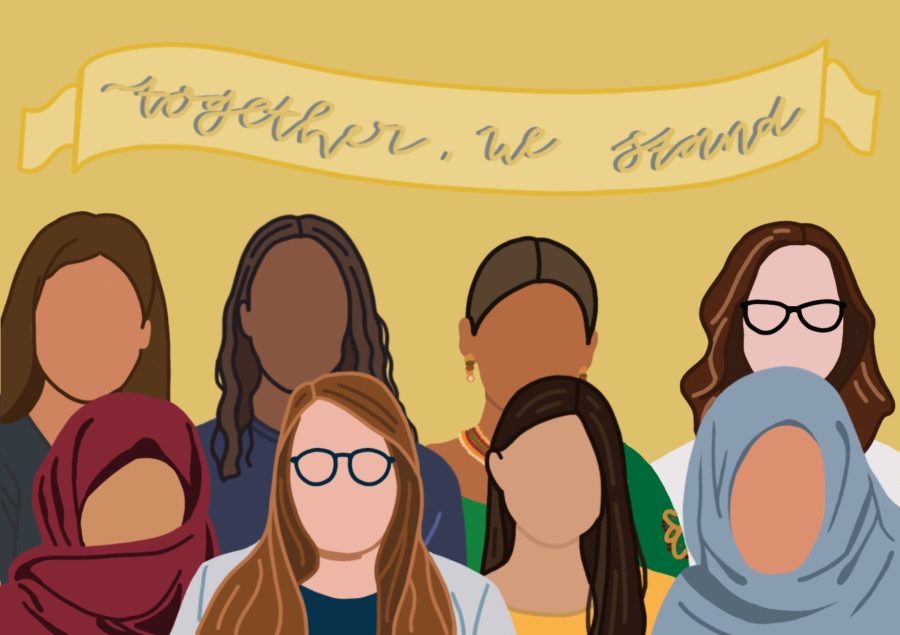By Maya Shah, Beats Editor
As March storms in like a lion, the month reminds us to honor the women who have been fundamental to the development of this country. However, as we reminisce on historical successes, other parts of the world continue to struggle with these issues. Women’s History Month ignores a key detail: the work is not all in the past.
While Westerners enjoy a multitude of freedoms, this is not the case internationally. For women in the Middle East specifically, there remains a lack of basic human rights. In Saudi Arabia, women’s travel is restricted, requiring permission from a male guardian. In Afghanistan, women are frequently prevented from pursuing education past secondary school. According to the Population Reference Bureau, literacy rates for women in the region remain at about half of their male counterparts. All in all, there is work to be done.
As Women’s History Month seeks to honor the great American heroes who have helped prompt the liberation of Western women, it is important to simultaneously recognize that the West is not powerless in helping the Middle East. According to its official website, Women’s History Month aims to recognize the contributions women have made to American history — a very narrow lens that leaves little room for discussing future international progress. Adapting this traditionally Western lens on progress is a key part of improving the general willingness to help women on an international level.
Although Westerners cannot solve these issues alone, they can instead better support efforts already working towards aiding women in the Middle East. There is no shortage of groups and organizations attempting to aid these women, rather, a lack of support behind them. For example, programs like the Daughter for Life Foundation seek to promote education by offering scholarships to Arab women. Groups operating directly out of the Middle East, like the Organization of Women’s Freedom in Iraq, fight to provide shelters for women who have faced abuse. With greater support from the West, these groups would be able to reach an even wider audience.
There is no right answer to what this support should look like. As an individual, raising awareness for the issue via social media or otherwise can help prompt others to begin contributing. The impact of donating money or time to these organizations also cannot be understated, the latter being a more active way to be involved in the process. On a larger scale, seeing partnerships between Western organizations and these Middle Eastern ones would also strengthen the ability to provide aid.
Some may argue, however, that the cultural differences between the West and the Middle East are too great to provide any real aid. This viewpoint suggests that Westerns should stay out of conflict in the Middle East due to their lack of fundamental understanding about the culture there. While this has some merit, the truth of this statement does not mean that we should avoid action altogether, but instead aid Middle Eastern groups already working on the issues opposed to taking the lead.
Ultimately, action is what matters. While it is important to recognize past successes, it is even more important to identify how we can continue to build upon these in the future. By joining forces with these preexisting organizations and efforts, the West can help contribute to a better future for all women.
Maya Shah can be reached at [email protected].





















































































